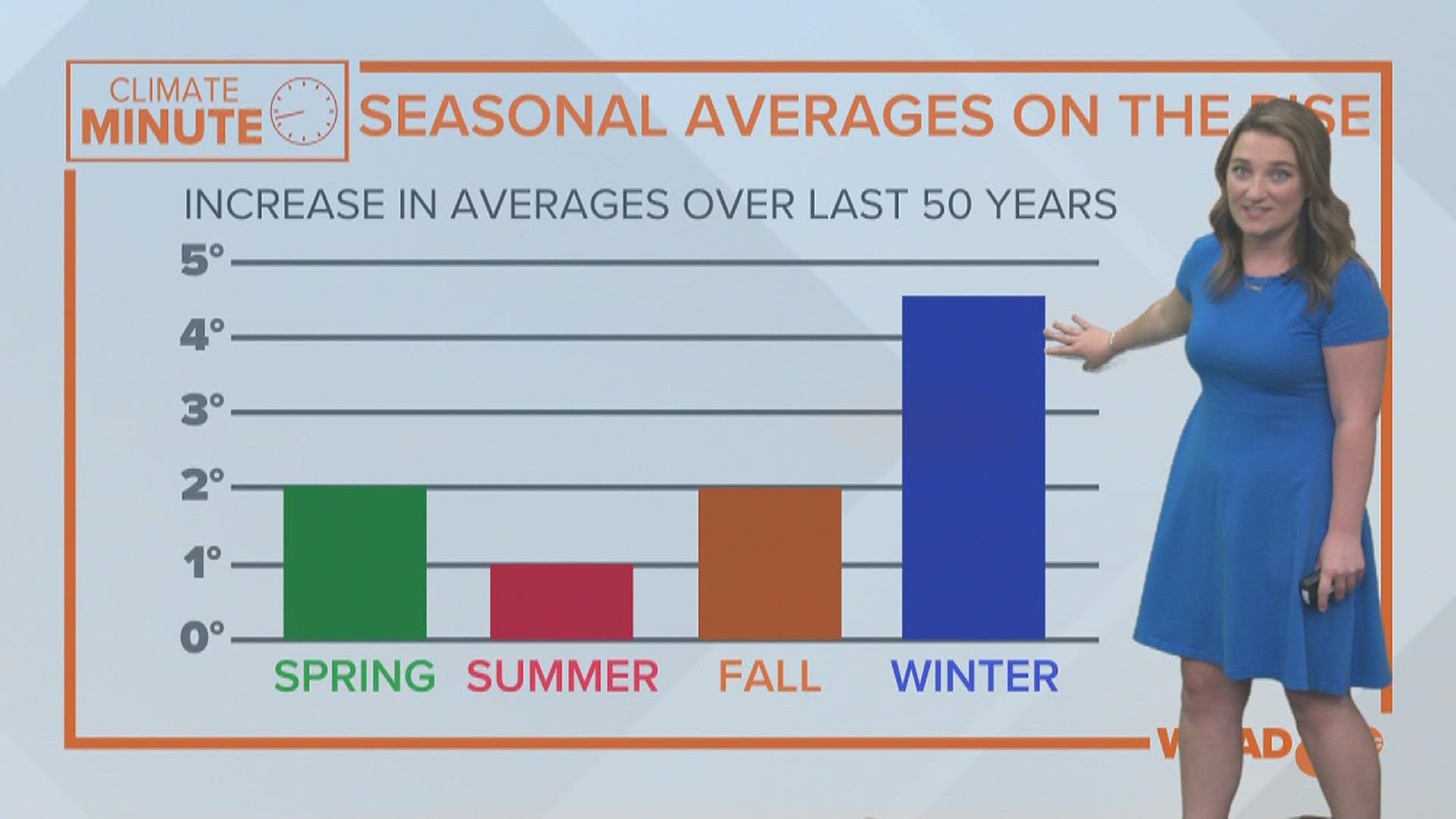MOLINE, Ill. — When it comes to defining seasons, meteorologists have their own way of defining them in meteorological seasons. These seasons are like astrological seasons by grouping the same months together for each season. But instead of using the equinoxes and solstices to mark the beginning of a new season, the first of the month is when they start the new season.
Astronomical summer starts with the summer solstice which is happening on June 21. However Meteorological summer starts this Thursday June 1.
Astronomical seasons can vary between 89 to 93 days, due to the Earth traveling the sun every 365.24 days, therefore creating a leap year. This makes it difficult to consistently compare seasonal and climatological statistics for a season from one year to the next.
Meteorological observing and forecasting led to the creation of meteorological seasons. The length of meteorological seasons are more consistent with about 90 days in the winter of a non-leap year to about 92 days for the summer and spring seasons.
Having less variation between the seasons allows for meteorologist to better calculate seasonal, monthly, and climatological seasons statistics that can help us in agriculture, commerce, and other areas.
Summer in the Quad Cities
The average temperature for the summer season in the QCA is 85 degrees with an average rainfall of 13.21 inches.
Our average June temperature is 83.1 degrees with an average rainfall of 5.01 inches of rain. We will be coming in hot for the start of summer, we have 90s forecasted all the way through next Tuesday, so we are on track to have above normal temperatures for the month of June.
Our average July temperature is 86.1 degrees with an average rainfall of 4.23 inches. Our average August temperature is 84.1 degrees with an average rainfall of 3.97 inches.

